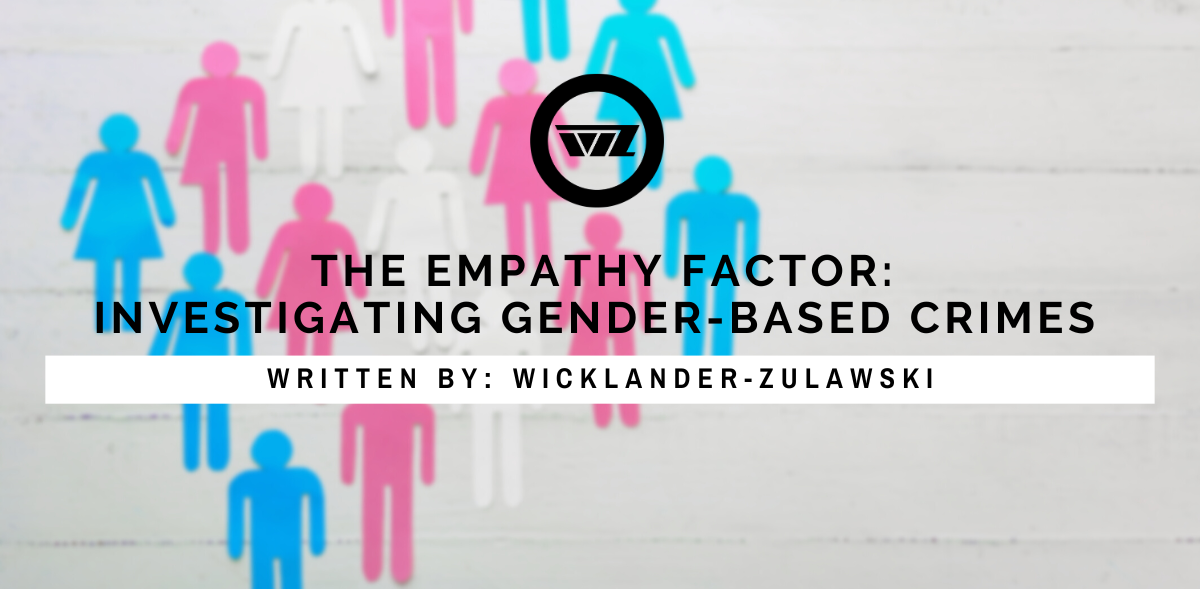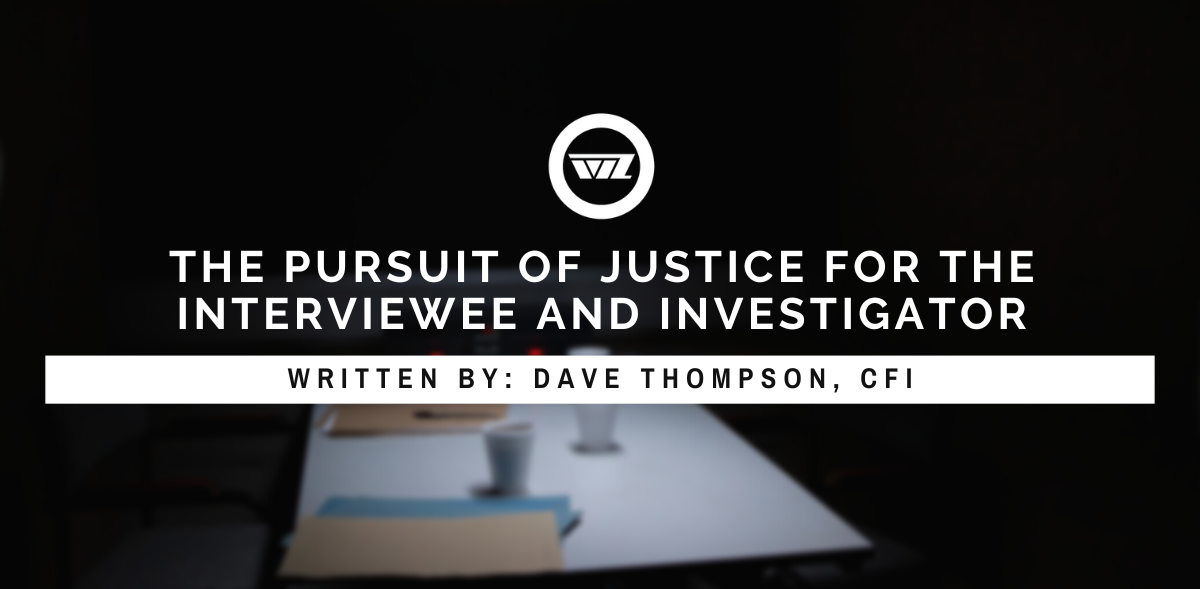This week, a podcast interview with actor Stephen Amell has made the news for featuring an on-air panic attack by the actor. Amell, who has been forthcoming in previous interviews about his history with anxiety disorders, was doing press for the final season of his star-making television program Arrow when he mentioned being emotional about the end of the show and feeling depressed in recent days. This conversation further triggered his anxieties, and the actor had to cut the interview short, saying “I’m not feeling well at all. I think I just got to go.” He finished the interview two weeks later.
This episode is a helpful showcase for interviewers on the way that emotional distress and exhaustion can cause a breakdown in communication. Take this conversation out of the podcast studio and into your office or interview room. How would you deal with it? We asked the WZ team what interviewers, and anyone else who has conversations, can take away from this story.
Dave Thompson, CFI
“Emotionally charged, mentally drained, physically exhausted and desperate for escape – this is how actor Stephen Amell appears to feel during a recent interview. Luckily, he has the ability to end the conversation and focus on his mental well-being while escaping the triggers that caused the anxiety. During an interview or interrogation, oftentimes the suspect doesn’t have that luxury. Attempting to step into the subject’s perspective during a conversation where they are accused of wrongdoing may be a difficult task, but also an essential one when exhibiting empathy. The subject of an interview may have similar emotional pressure that Amell was feeling, but on a different scale. Our interview subject is most likely having internal dialogue as their mind processes the investigators words, the potential consequences, and weighing their options on how to handle the decision that awaits them.
Now imagine the subject, after hours of interrogation that may have included lies about evidence and threats of consequences. Emotionally charged, mentally drained, physically exhausted and desperate for escape – the recipe for a false or exaggerated confession. The quickest way for the subject to escape the situation is to appease the investigator with admissions of guilt. We need to recognize this, understand the emotional process a subject is going through and take steps to mitigate putting them in this situation in the first place. Frequent breaks, establishing rapport, transparency and empathy are all keys in this process.
Brett L. Ward, CFI
Not uncommon to see more and more high-profile people discussing battles with anxiety and depression in the press today. Quite frankly, you know this has been going on since dirt, it simply now appears that many are willing to openly discuss in public forums. People at the top of their industry (Serena Williams, Michael Phelps, Dwayne Johnson and so many more) coming forward and showing vulnerability provides hope for those who are not in the public eye. Have had hundreds of people ask me how I deal with the “wear and tear” of the job, and all it entails. Many have asked if I get “butterflies” prior to executing my job (public speaking, interviews, meetings, negotiations, and on and on) and my response has always been twofold: “In my previous life they were butterflies – the last 22 years they became ostriches” and “should I ever not feel a sense of responsibility for my actions while in the field, I’ll walk away”.
I remember my Dad telling me dozens of times “If your adrenaline isn’t running, you don’t care enough”. I know so many in the verticals we work with our faced with similar expectations, tied in with significant travel and underlying health issues that not all are aware of. When fatigue, both physical and mental, tied in with exposure to negative circumstances combine forces, the results can be beyond challenging. I love seeing people come forward to opening lines of communication about this, and hope it continues. Open forum discussion and brutal honesty brings light to reality, and connections with those who can help.
Derek Hauk is the Audience Development Coordinator for Wicklander-Zulawski & Associates. He encourages everyone to follow WZ on Facebook and Twitter.




